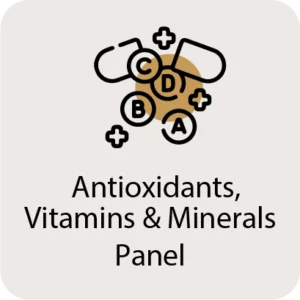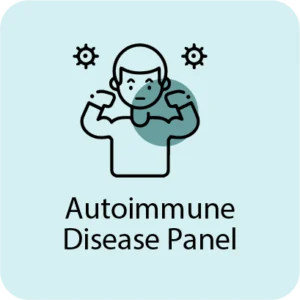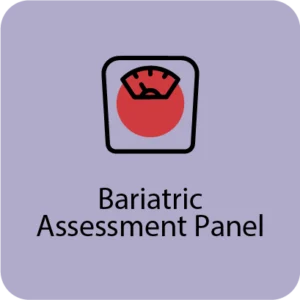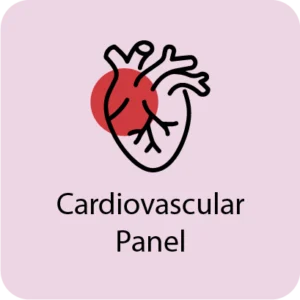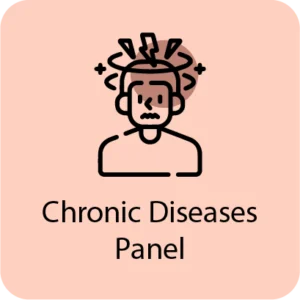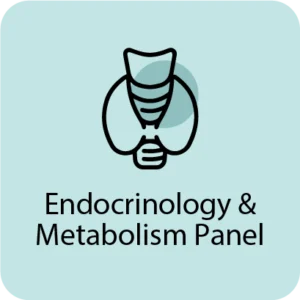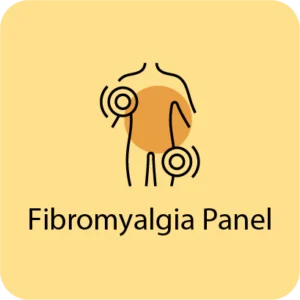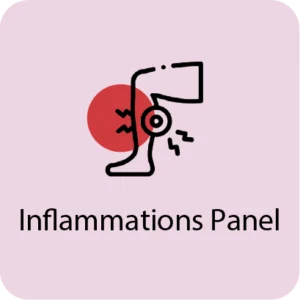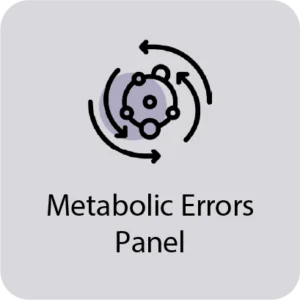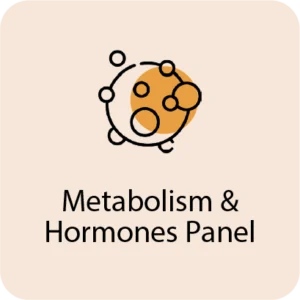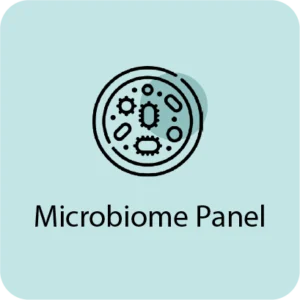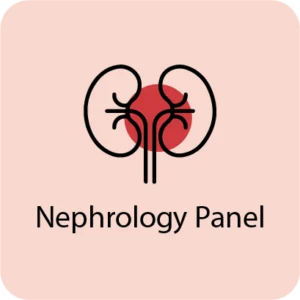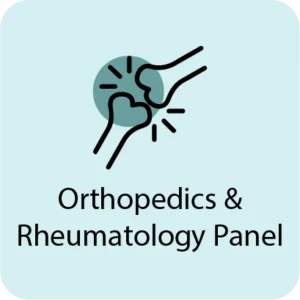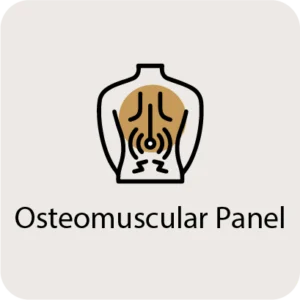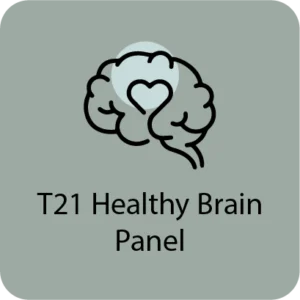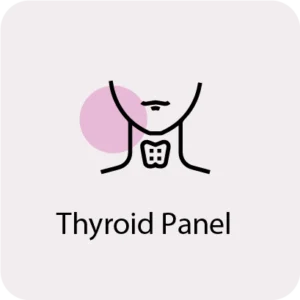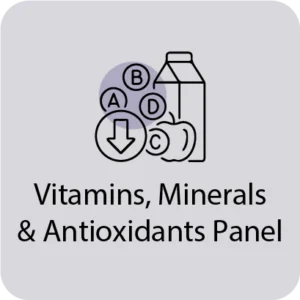Antioxidants, Vitamins & Minerals
A healthy diet is the foundation for overall wellness, and an essential part of that is ensuring you get enough antioxidants, vitamins, and minerals. These powerful nutrients play a critical role in maintaining the body’s health, supporting everything from the immune system to smooth skin. But with so many options on the market, it can be overwhelming to know what to choose. That’s why we’ve put together this guide to help you understand the importance of antioxidants, vitamins, and minerals in your diet and how to incorporate them effectively.
What are antioxidants, vitamins, and minerals?
Antioxidants, vitamins, and minerals are essential nutrients that the body needs to function properly. Antioxidants are compounds that help protect the body from damage caused by free radicals, which are unstable molecules that can harm cells. Vitamins are organic compounds that the body needs in small amounts to carry out various functions, such as boosting the immune system and promoting healthy skin. Minerals, on the other hand, are inorganic substances that play a crucial role in maintaining optimal health, from maintaining strong bones to supporting nerve function.
The importance of antioxidants, vitamins, and minerals for overall health
Antioxidants, vitamins, and minerals are crucial for overall health and well-being. Antioxidants, for example, help combat oxidative stress, a process that can lead to chronic diseases such as heart disease, cancer, and diabetes. By neutralizing free radicals, antioxidants protect the body’s cells from damage and promote cellular health. Vitamins, on the other hand, are involved in numerous bodily functions, such as energy production, hormone regulation, and the formation of collagen. Minerals are equally important, as they are involved in various physiological processes, including nerve transmission, muscle contraction, and maintaining fluid balance.
Common antioxidants and their health benefits
Antioxidants come in many forms, each with its unique health benefits. One of the most well-known antioxidants is vitamin C, which is essential for immune function, collagen synthesis, and wound healing. It also helps protect against damage caused by harmful UV rays and pollution. Vitamin E is another powerful antioxidant that helps protect cell membranes from oxidative damage. It also plays a role in maintaining healthy skin and promoting heart health. Other antioxidants, such as beta-carotene, lycopene, and selenium, have been linked to a reduced risk of chronic diseases, including certain types of cancer and heart disease.
Essential vitamins and their functions in the body
Vitamins are essential for various bodily functions, and each vitamin has its specific role. For instance, vitamin A is critical for vision, immune function, and reproduction. It also plays a role in the growth and development of cells. The B vitamins are a group of vitamins that play a crucial role in energy production, brain function, and the formation of red blood cells. Vitamin D, often called the sunshine vitamin, is essential for bone health, as it helps the body absorb calcium. Additionally, vitamin K is necessary for blood clotting, while vitamin E acts as a potent antioxidant, protecting cells from damage caused by free radicals.
Key minerals and their role in maintaining optimal health
Minerals are just as important as vitamins for maintaining optimal health. Calcium, for example, is crucial for building and maintaining strong bones and teeth. It also plays a role in muscle function and nerve transmission. Magnesium is another essential mineral that is involved in more than 300 biochemical reactions in the body. It helps regulate blood pressure, supports muscle and nerve function, and promotes a healthy immune system. Iron is vital for the production of red blood cells and the transport of oxygen throughout the body. Other key minerals include potassium, zinc, and selenium, each with its unique role in maintaining optimal health.
Food sources rich in antioxidants, vitamins, and minerals
Incorporating a variety of nutrient-rich foods into your diet is the best way to ensure you’re getting an adequate intake of antioxidants, vitamins, and minerals. Fruits and vegetables are excellent sources of antioxidants, with berries, leafy greens, and tomatoes being particularly rich in these powerful compounds. Citrus fruits, such as oranges and grapefruits, are high in vitamin C, while nuts and seeds provide vitamin E. Lean meats, fish, and dairy products are great sources of essential vitamins and minerals, such as vitamin B12, iron, and calcium. Whole grains, legumes, and fortified foods are also rich sources of these vital nutrients.
The impact of cooking and processing on the nutrient content of foods
While incorporating nutrient-rich foods into your diet is important, it’s also essential to consider the impact of cooking and processing on the nutrient content of these foods. Certain cooking methods, such as boiling and frying, can lead to nutrient loss. To minimize nutrient loss, it’s best to opt for cooking methods like steaming and roasting, which help retain the maximum amount of nutrients. Additionally, processing foods can also reduce their nutrient content. For example, refining grains removes the bran and germ, which are rich in vitamins and minerals. Choosing whole, unprocessed foods whenever possible can help ensure you’re getting the most nutrients from your diet.
How to ensure you’re getting enough antioxidants, vitamins, and minerals in your diet
To ensure you’re getting enough antioxidants, vitamins, and minerals in your diet, it’s important to focus on consuming a variety of nutrient-dense foods. Aim to include a colorful array of fruits and vegetables in your meals, as different colors indicate different nutrient profiles. Include lean proteins, such as poultry, fish, and tofu, in your diet, along with whole grains, legumes, and healthy fats. Avoid excessive intake of processed foods, sugary beverages, and unhealthy fats, as these can displace nutrient-dense foods in your diet. If you have specific dietary restrictions or are unable to meet your nutrient needs through food alone, supplements may be a helpful addition to your routine. However, it’s important to consult with a healthcare professional before starting any new supplements.
The role of supplements in meeting nutrient requirements
Supplements can be a useful tool for meeting nutrient requirements, especially for individuals who have specific dietary restrictions or nutrient deficiencies. However, they should not replace a healthy and balanced diet. When choosing supplements, opt for reputable brands and look for third-party certifications to ensure quality and purity. It’s also crucial to follow the recommended dosage guidelines and consult with a healthcare professional before starting any new supplements, as some nutrients can interact with medications or have adverse effects at high doses. Remember, supplements are meant to supplement a healthy diet, not replace it.
Conclusion: Incorporating antioxidants, vitamins, and minerals into a balanced diet
Incorporating antioxidants, vitamins, and minerals into a balanced diet is crucial for overall health and well-being. These powerful nutrients play a vital role in supporting the body’s functions, protecting against chronic diseases, and promoting optimal health. By consuming a variety of nutrient-dense foods, focusing on fruits, vegetables, lean proteins, whole grains, and healthy fats, you can ensure you’re getting the necessary antioxidants, vitamins, and minerals your body needs. Additionally, being mindful of cooking and processing methods can help retain the maximum amount of nutrients in your foods. And if needed, supplements can be a helpful addition to your routine, but should never replace a healthy and balanced diet. So, take charge of your health by incorporating these essential nutrients into your daily diet and reap the benefits of a vibrant and thriving body.
| Categories | Conditions Observed |
|---|---|
Amino acids | N-acetylcysteine |
|
|
Antioxidants / Supplements | Coenzyme Q10 |
| Glutathione |
| Probiotics |
| Retinol |
|
|
Benefit | Benefit of Green Tea |
| Chamomile |
| Passionflower (Vitexin) |
| S-adenosylmethionine (SAMe) |
|
|
Cardiovascular and Cerebrovascular | Nitric Oxide |
|
|
Essential Amino Acids | L-methionine |
|
|
Fatty acids | Omega 3 |
| Omega 6 |
| Omega 9 |
|
|
Hormones | Benefit of Melatonin |
| DHEA/DHEAS |
|
|
Metabolic | Serum Ascorbate Levels |
|
|
Metabolic disorders | Hyperferritinemia |
|
|
Minerals | Blood Phosphate Levels |
|
|
Need for Nutrients | Apigenin |
| Apigenin need |
| Bromelain |
| Calcium |
| Chrome |
| Copper |
| Hop |
| Iodine |
| Iron |
| Lutein |
| Lycopene |
| Magnesium |
| Manganese |
| Molybdenum |
| Phosphatidylcholine Levels |
| Phosphorus |
| Potassium |
| Quercetin |
| Resveratrol |
| Selenium |
| Uridine Monophosphate |
| Vitexin need |
| Zeaxanthin |
| Zinc |
|
|
Vitamins | Beta carotene |
| Folate |
| Inositol (Vitamin B8) |
| Nicotinamide (B3) |
| Reduction in Ascorbate Transport |
| Transcobalamin II Deficiency |
| Vitamin A |
| Vitamin B1 (Thiamine) |
| Vitamin B12 |
| Vitamin B12 (Levels) |
| Vitamin B2 |
| Vitamin B3 (Niacin) |
| Vitamin B5 (Pantothenic Acid) |
| Vitamin B6 |
| Vitamin B7 (Biotin) |
| Vitamin B9 (Folic Acid) |
| Vitamin C |
| Vitamin D |
| Vitamin E |
| Vitamin K |
| Vitamin K2 |
|
|
Vitamins need | Riboflavin Deficiency |
Can genetic testing reveal individual needs for antioxidants, vitamins, and minerals?
Genetic testing can provide insights into variations in genes related to antioxidant metabolism, vitamin absorption, and mineral utilization, which may influence individual requirements for these nutrients.
How do genetics affect the body's ability to process antioxidants, vitamins, and minerals?
Genetic variations can impact enzymes involved in antioxidant defense, transport proteins for vitamins, and receptors for minerals, influencing their absorption, metabolism, and utilization within the body.
What genetic markers are associated with increased antioxidant needs?
Genetic markers such as variations in genes encoding antioxidant enzymes like superoxide dismutase (SOD) or glutathione peroxidase (GPx) can indicate increased antioxidant needs in certain individuals.
How can personalized nutrition plans based on genetic testing optimize antioxidant, vitamin, and mineral status?
Personalized nutrition plans can be tailored to an individual’s genetic profile, providing targeted supplementation or dietary recommendations to optimize antioxidant, vitamin, and mineral levels based on genetic predispositions.
What role do antioxidants, vitamins, and minerals play in overall health and disease prevention?
Antioxidants, vitamins, and minerals play crucial roles in supporting immune function, combating oxidative stress, promoting cellular repair, and reducing the risk of chronic diseases such as cardiovascular disease, cancer, and neurodegenerative disorders.




